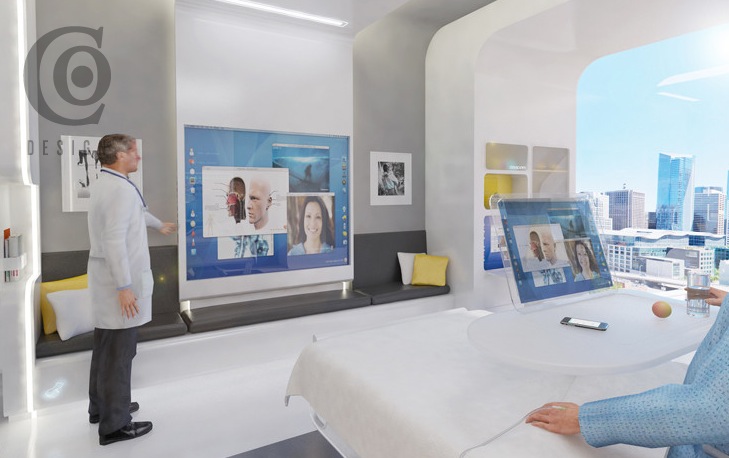This is an excerpt from a post by Terry Heaton, one of the handful of thinkers I look to first for an understanding of what’s happening in the world. The link to his post is below, but the following paragraphs can stand on their own.
Our culture is based upon hierarchical layers of “expertise,” some of it licensed by the state. This produces order, which Henry Adams called “the dream of man.”
It also produces elites, the governing class, those who call the shots for others not so fortunate as to occupy the higher altitudes. This is the 1% against which the occupiers bring their protests, their dis-order.
We used to think that elites and hierarchical order were necessary for the well-being of all, but that idea is being challenged as knowledge — the protected source of power (and elevation) — is being spread sideways along the Great Horizontal. It’s not that we’re so much smarter than we used to be; it’s that the experts don’t seem so “expert” anymore, because the knowledge that gave them their status isn’t protected today. Anybody can access it with the touch of a finger.
This is giving institutions fits, and each one is fighting for its very life against the inevitable flattening that’s taking place. Medicine wants no part of smart and informed patients and neither does the insurance industry. The legal world scoffs at the notion that they’re in it for themselves as they occupy legislatures and create the laws that work on their behalf. Higher education increasingly touts the campus experience over what’s being learned, because they all know that the Web has unlimited teaching capacity. Government needs its silos to sustain its bureaucracy, but the Great Horizontal cuts across them all.
I added the emphasis in graf 3. For me, this is The Big Idea of the early 21st century. The high-speed smart phone in my pocket means you don’t necessarily know more than I do, so why the fuck should you be in charge?
What an exciting time to be alive. And sure to get exciting-er.


